News
Presidency reacts to calls for Humanitarian Affairs minister to resign
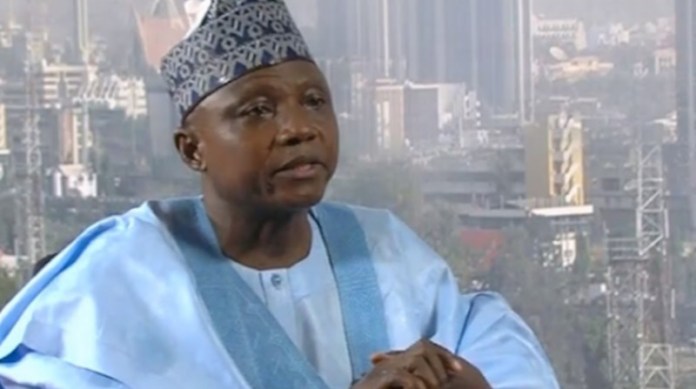
The presidency has faulted calls for the resignation of Sadiya Umar Farouq, minister of humanitarian affairs, over recently released flood statistics, which ranked Jigawa as the highest among the most hit state and that Beyelsa was not in the first 10 most affected states.
The Niger Delta caucus in the House of Representatives had asked the minister to resign.
Reacting to the development on Wednesday, Garba Shehu, presidential spokesman, said the Federal Government was equally concerned about the flooding in Bayelsa as well as that in other states.
The statement read in part, “Calls from some quarters for the resignation of the minister of humanitarian affairs, disaster management and social development are not appropriate in this climate,” he said in a statement.
“Almost every state in Nigeria has been affected. The Federal Government is concerned about what has happened in Bayelsa as it is with respect to the other states. No life lost is bigger or lesser than that of the others.
“The challenge of bringing succour to the large number of the displaced people in Bayelsa and other states, the restoration of their damaged property and farmlands washed away have clearly overwhelmed disaster management efforts so far, but that is not to say no efforts are being made.
“The huge need for everything from foodstuff to tents, blankets and mosquito nets; antimalarial and other drugs clearly indicate that more resources are needed, not only by the disaster management agencies at the center but also by those at the State and local council levels that are structurally, the first responders.
“The minister has been diligently working to target assistance where it’s most needed and plug the gaps in several state governments’ disaster responses.
“The state of Bayelsa has done commendably well but they certainly can do better with increased Federal assistance, which is still being delivered batch by batch.
“All these efforts are coming ahead of the report of the committee under the auspices of the Nigerian Governors Forum, set up by the president to fashion out solutions and then escalate their conclusions to the federal government, to alleviate the plight of people currently being ravaged by floods around the country.
“This is just as more is being expected by way of international response and how much difference can be made by support from businesses and nonprofits as the country deals with its worst flooding in decades.
“We hope that everyone, the agencies of the Federal Government, the states and the local councils will increase the attention to pay to the challenges of climate change.
“Clearly, this is not a time for public reproach. It will only weaken our collective response to the tragedy, and ultimately hinder cooperation that saves lives and delivers emergency aid.
“The government at the centre will continue to do more for Bayelsa and for all states so affected as more and more resources are made available to agencies dealing.”
News
Akpabio sues Natasha for ₦200bn over sexual harassment allegations

Akpabio sues Natasha for ₦200bn over sexual harassment allegations
Senate President Godswill Obot Akpabio has instituted a ₦200 billion defamation lawsuit against Senator Natasha Akpoti-Uduaghan, accusing her of spreading malicious sexual harassment allegations that he says have severely damaged his public image.
According to documents filed before the High Court of the Federal Capital Territory, Abuja, Akpabio is seeking substantial damages, public retractions, and nationwide broadcast apologies. He argues that Senator Akpoti-Uduaghan’s televised, radio, and online interviews portrayed him as a sexual predator who abused his office for personal gratification—claims he insists subjected him to widespread ridicule and reputational harm.
The lawsuit includes a comprehensive statement of claims and a list of witnesses. Akpabio is also asking the court to compel the removal of all online materials containing the disputed allegations and to order repeated public apologies across major media outlets.
READ ALSO:
- Nigeria joins global ICH elite as NAFDAC achieves full international regulatory Status
- Supreme Court Strikes Out Osun Suit on Withheld Local Govt Allocations
- DSS Arrests Doctor Providing Medical Support to Bandits in Kwara State
A court order issued on 6 November 2025 granted permission for substituted service through the Clerk of the National Assembly after initial attempts to reach Senator Akpoti-Uduaghan directly were unsuccessful. The case is now moving forward and is expected to become one of the most closely watched political legal battles in Nigeria.
Responding on 5 December 2025, Senator Natasha Akpoti-Uduaghan confirmed receipt of the suit and expressed readiness to defend her allegations before a competent court. She stated that she had previously been prevented from presenting a petition before the Senate Committee on Ethics and Privileges due to claims that a related case was already in court—an action she believes protected the Senate President from legislative scrutiny.
In a strongly worded response, the Kogi Central senator maintained that the court proceedings will finally provide the platform to substantiate her claims. She reiterated her stance that she experienced sexual harassment and that her refusal to comply with the alleged advances prompted sustained political retaliation.
“See you in court, Godswill Akpabio,” she declared.
Akpabio sues Natasha for ₦200bn over sexual harassment allegations
News
NLC threatens nationwide protests as insecurity worsens, withdraws support for Labour Party
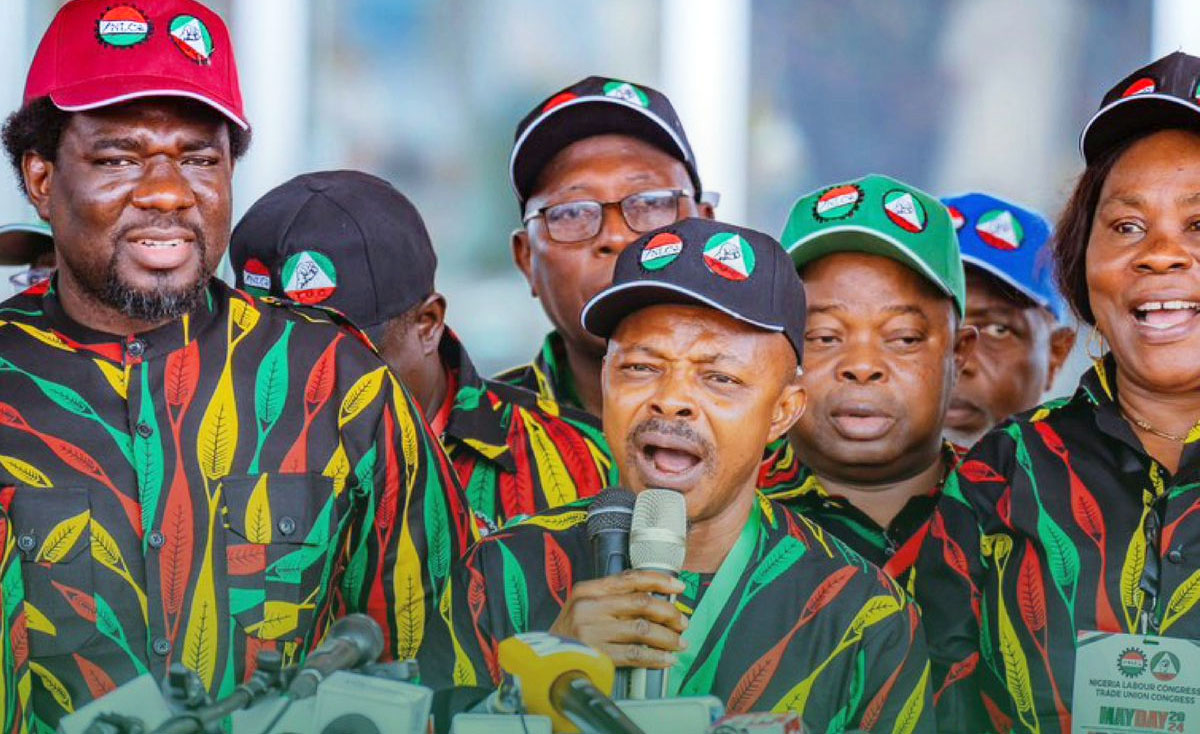
NLC threatens nationwide protests as insecurity worsens, withdraws support for Labour Party
The Nigeria Labour Congress (NLC) has warned that it will no longer remain passive as criminal gangs intensify violent attacks across the country, declaring its readiness to hold a national day of mourning and mobilise nationwide protests over the escalating insecurity in Nigeria.
Speaking at the opening of the NLC’s National Executive Council (NEC) meeting in Lagos, NLC President Joe Ajaero said the country was “under siege,” condemning the latest school kidnapping and the reported withdrawal of security personnel before the attack. He demanded a full investigation to expose any possible compromise within the nation’s security architecture.
“The NLC cannot stand idly by and allow criminals to take over our country—never again. We want to know who ordered the withdrawal of security operatives from that school. We will not allow kidnappers and bandits to overrun our nation,” Ajaero said.
READ ALSO:
- Oshiomhole Seeks Tougher Regulation of Fintech Firms After Cyber Fraud Experience
- Boris Johnson Hails Kemi Badenoch as “Future UK Prime Minister” During Visit to Nigeria
- A troubling message from Guinea-Bissau, by Azu Ishiekwene
He stressed that the labour movement would soon announce details of the planned protests and national mourning, insisting the lives of teachers, students and workers were in grave danger. “It is getting out of hand. We can no longer bear this,” he added.
Ajaero also revealed that the NLC had withdrawn its representatives from the Labour Party, accusing them of pursuing personal interests rather than representing workers.
Human rights lawyer Femi Falana, SAN, who addressed the meeting, warned that the country was in “serious trouble” over rising kidnappings and attacks. He rejected calls for foreign military intervention, cautioning that such a move would undermine Nigeria’s sovereignty.
Falana criticised recent statements by former U.S. President Donald Trump, describing them as unacceptable. He urged President Bola Tinubu to take decisive action to protect citizens, saying: “We want to let the world know that we are not a conquered people.”
He called on labour unions, civil society organisations and Nigerians to prepare to resist any further decline in national security.
NLC threatens nationwide protests as insecurity worsens, withdraws support for Labour Party
News
Boris Johnson Hails Kemi Badenoch as “Future UK Prime Minister” During Visit to Nigeria

Boris Johnson Hails Kemi Badenoch as “Future UK Prime Minister” During Visit to Nigeria
Former British Prime Minister Boris Johnson has praised UK Conservative Party leader Kemi Badenoch, describing her as a “future Prime Minister of the United Kingdom” during his visit to Nigeria for the Imo State Economic Summit 2025.
Speaking in Owerri, Imo State, on Thursday, Johnson commended Governor Hope Uzodimma for his efforts to boost economic development and improve security, noting that he felt “perfectly safe” despite earlier warnings about Nigeria’s security situation.
Johnson highlighted the state government’s push to deliver 24-hour electricity, stressing that reliable power and clean, sustainable energy are essential for economic growth as the world moves into an Artificial Intelligence (AI)-driven future.
READ ALSO:
- A troubling message from Guinea-Bissau, by Azu Ishiekwene
- Siyan Oyeweso: Lessons in virtue and vanity
- Court Rules Only Lawyers Can Represent Nnamdi Kanu, Rejects Brother’s Appearance
He also emphasized the strong historical and economic ties between Nigeria and the United Kingdom, praising the exchange of goods, services, and highly skilled professionals between both countries.
In a humorous remark that sparked applause, Johnson said: “We send you former UK prime ministers, and you send us future UK prime ministers in the form of Kemi Badenoch.”
The summit, attended by Vice President Kashim Shettima, former UN Secretary-General Ban Ki-moon, business mogul Aliko Dangote, and other top government and private-sector leaders, focused on strategies to accelerate Imo State’s economic transformation.
Boris Johnson Hails Kemi Badenoch as “Future UK Prime Minister” During Visit to Nigeria
-
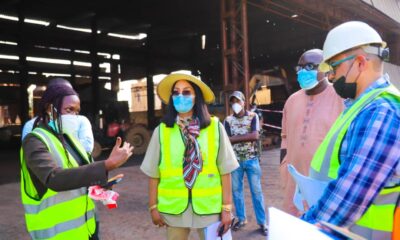
 metro3 days ago
metro3 days agoSenate Launches Emergency Probe into Widespread Lead Poisoning in Ogijo, Lagos/Ogun
-

 Sports1 day ago
Sports1 day ago2026 FIFA World Cup Draw: England Draw Croatia as Brazil Face Morocco in Tournament Opener
-

 News1 day ago
News1 day agoAkpabio sues Natasha for ₦200bn over sexual harassment allegations
-
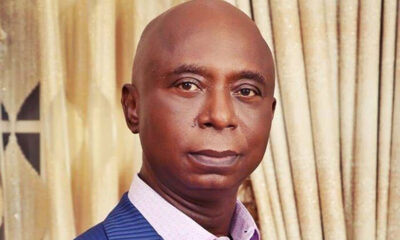
 metro3 days ago
metro3 days agoNed Nwoko vows legal action against rising online harassment, criminal defamation
-

 metro2 days ago
metro2 days agoTinubu Govt Eliminates More Terrorists Than Previous Administrations — Fani-Kayode
-

 metro1 day ago
metro1 day agoFour Teenagers Killed in Banki Explosion as Borno Police Probe Deadly IED Blast
-
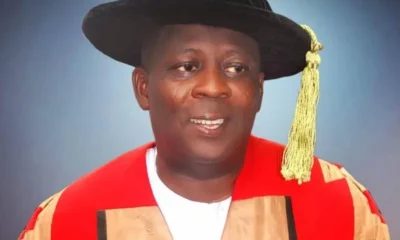
 Opinion2 days ago
Opinion2 days agoSiyan Oyeweso: Lessons in virtue and vanity
-

 metro19 hours ago
metro19 hours agoAkpabio denies filing new ₦200bn lawsuit against Natasha














